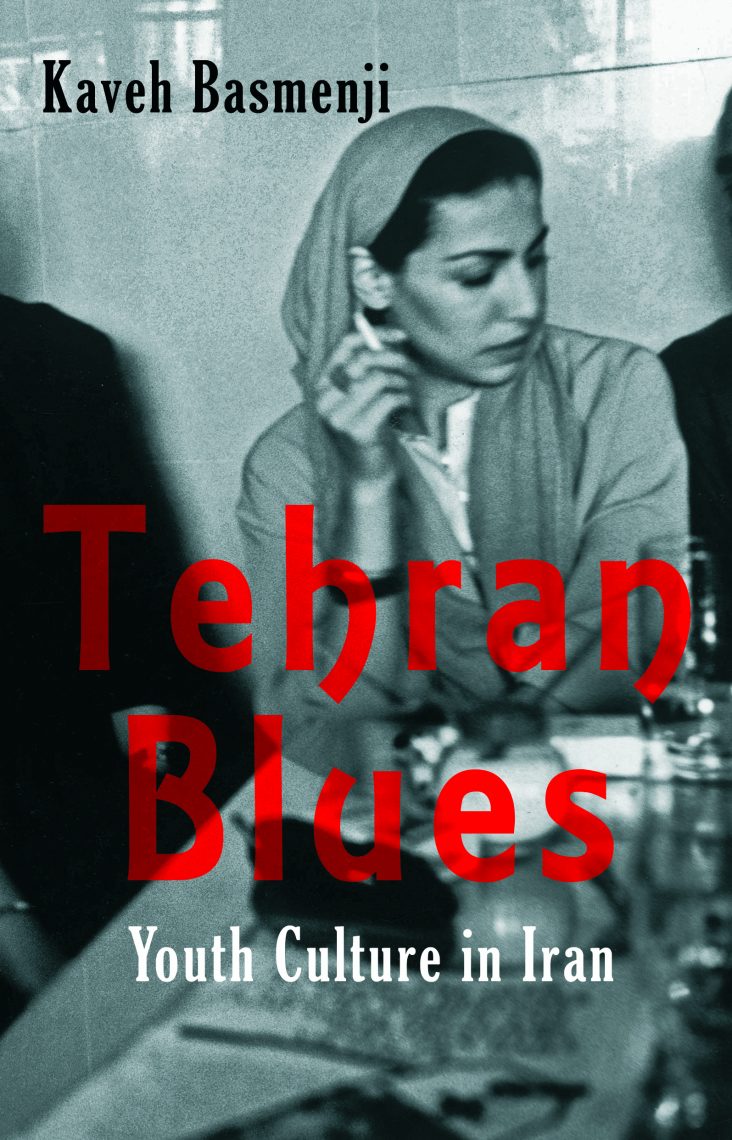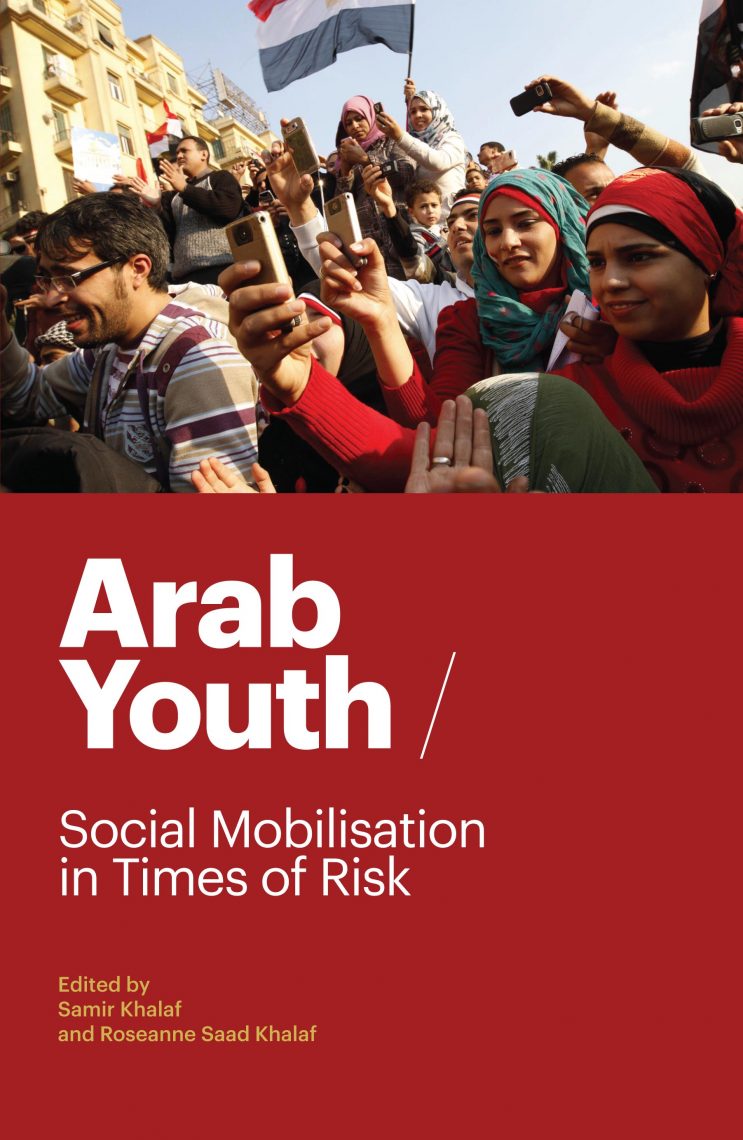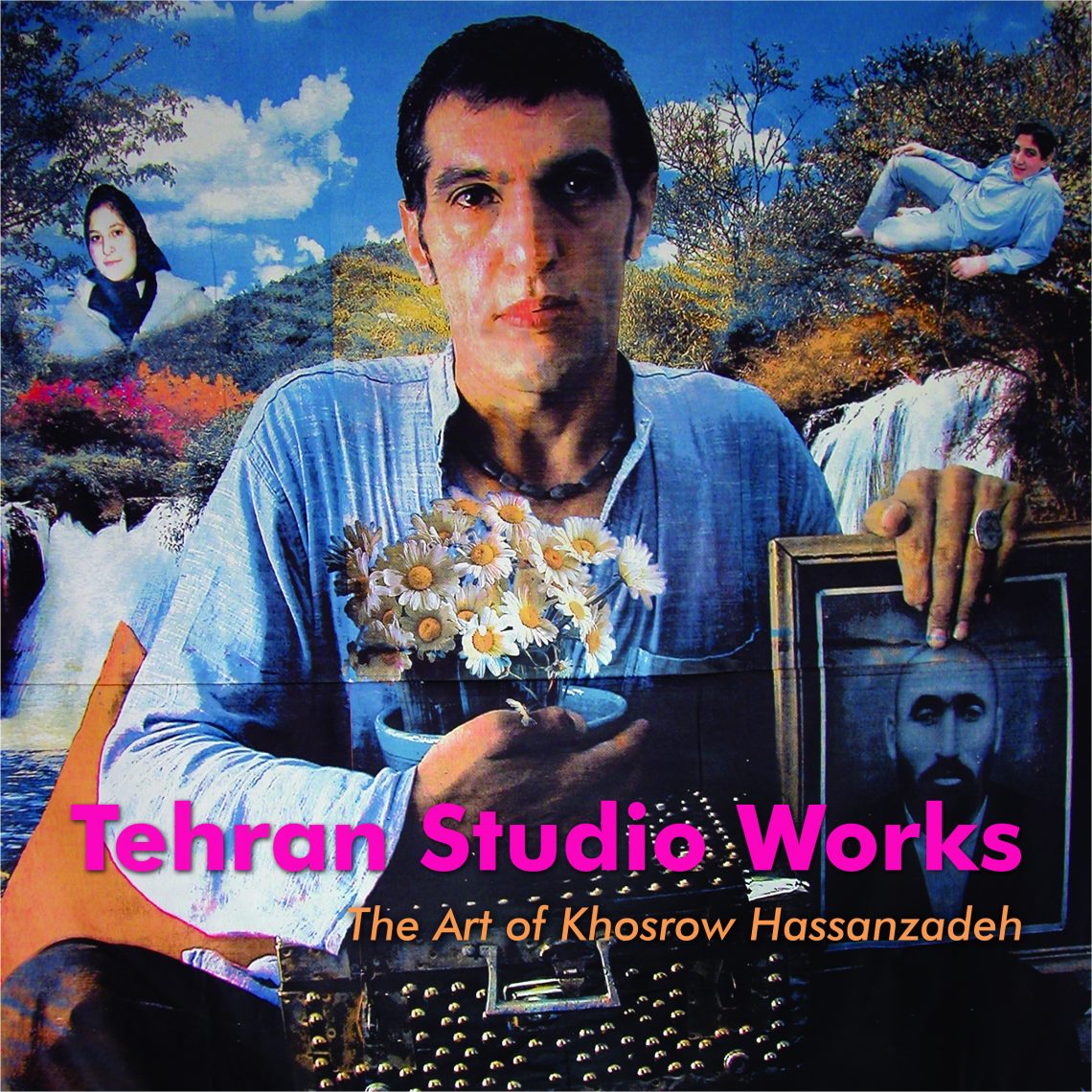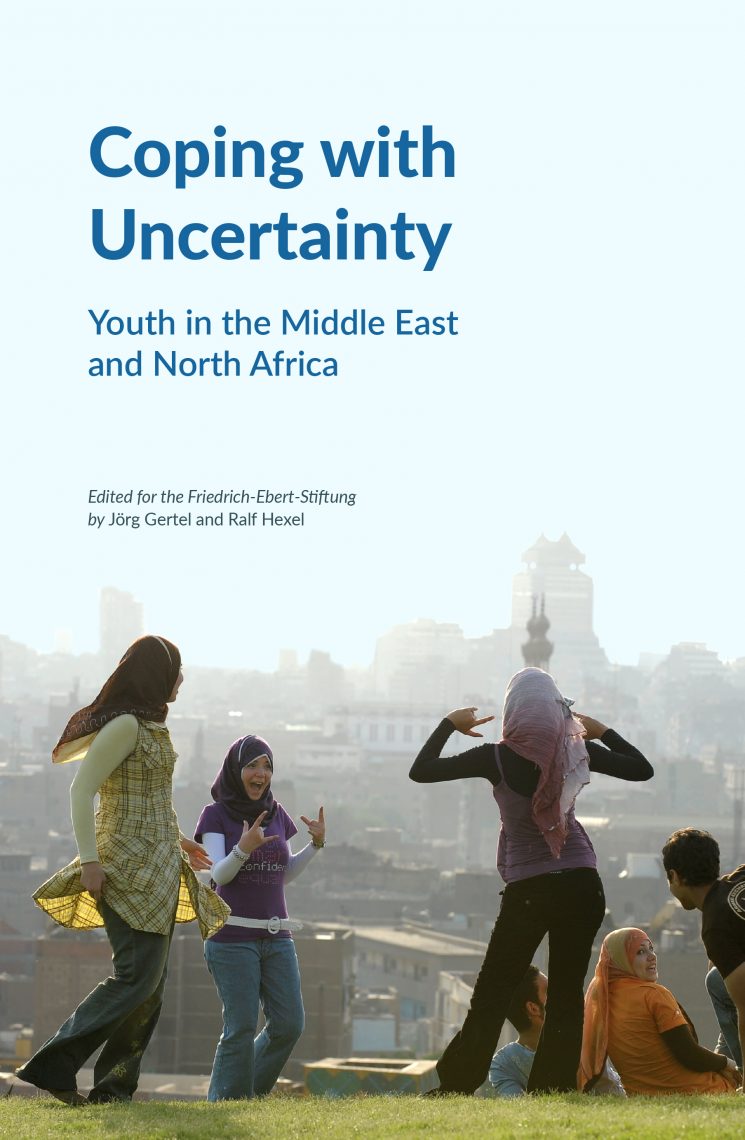
About the Book
More than two decades after their parents rose up against the Shah’s excesses, increasing numbers of young Iranians are risking jail at the hands of religious paramilitaries roughly their own age, for things their counterparts in the West take for granted: wearing makeup, slow dancing at parties, holding hands with members of the opposite sex. Every day anxious parents queue at courthouses to bail out sons and daughters who have been detained for ‘moral crimes’.
Kaveh Basmenji, who spent his own youth amidst the turbulence of the Islamic Revolution, argues that Iran’s youth are in near-open revolt for want of greater freedoms, in furious defiance of the mullahs and their brand of sombre religiosity.
Through candid interviews with young people, and in a careful assessment of Iran today (including a special chapter on the implications of the recent election to the presidency of hardliner Mahmoud Ahmadinejad), Basmenji gets to the heart of the matter: What do Iran’s youth want, and how far are their elders prepared to go to accommodate them?
About the Author
Kaveh Basmenji was born in Tehran in 1961 and started work as a journalist at the age of sixteen. He has translated several Western literary works into Persian, and has worked for Reuters and the Middle East Times. His publications include Tehran Blues: Youth Culture in Iran (Saqi) and several collections of essays and poems. He is also the editor of Afsaneh: Short Stories by Iranian Women. He lives in Prague.
Reviews
‘A detailed insider’s view of Iran’s recent history and its impact on the new generation that is both entertaining and thought provoking.’ Jordan Times
‘Fascinating and highly readable ... with his vivid style and eye for detail, [Basmenji] takes the reader right inside Iranian society.’ Saudi Gazette
'An accurate account of Iranian society, history and culture...easy to read, and full of enlightening commentaries on personalities, events and trends.' Middle East Journal




